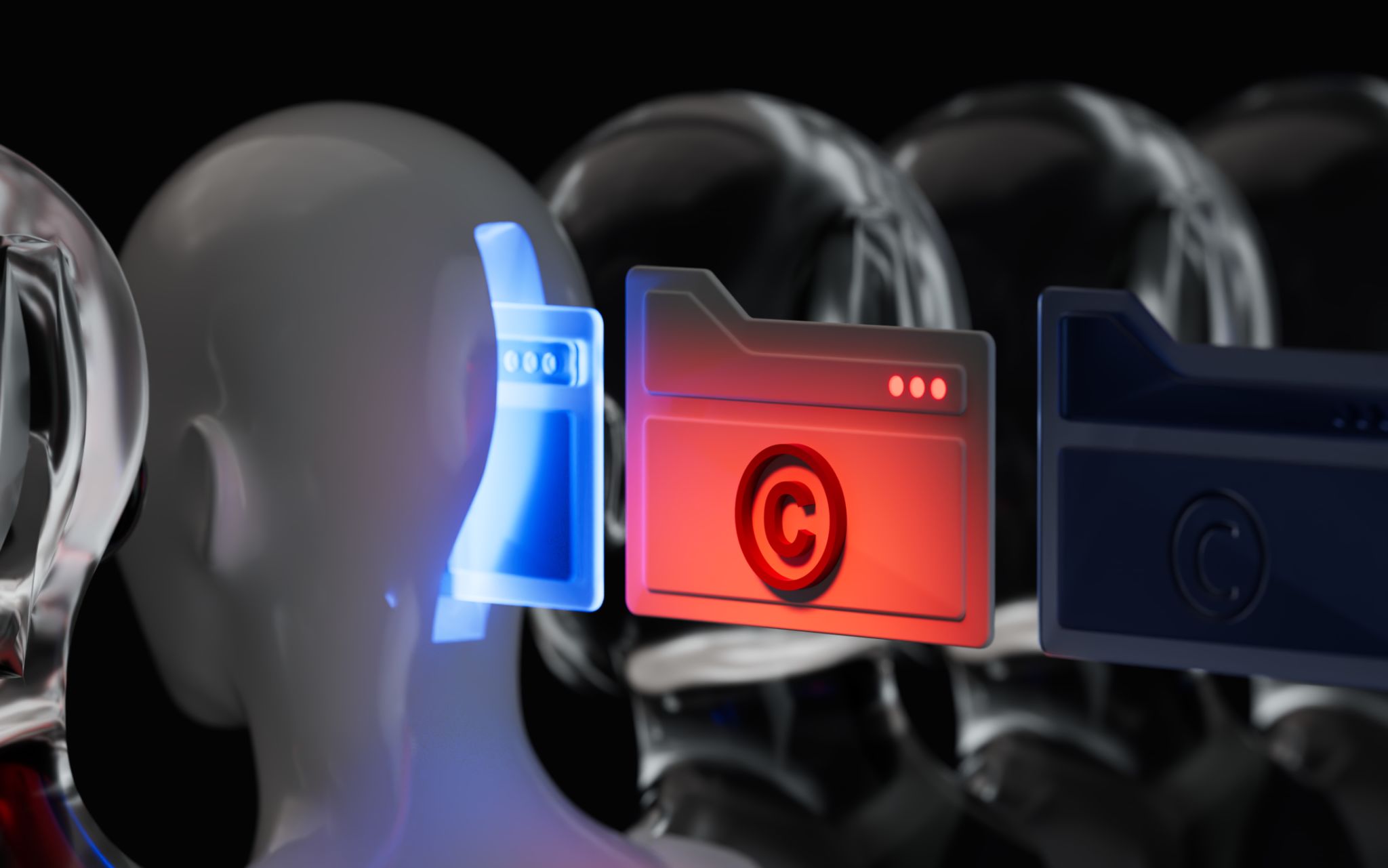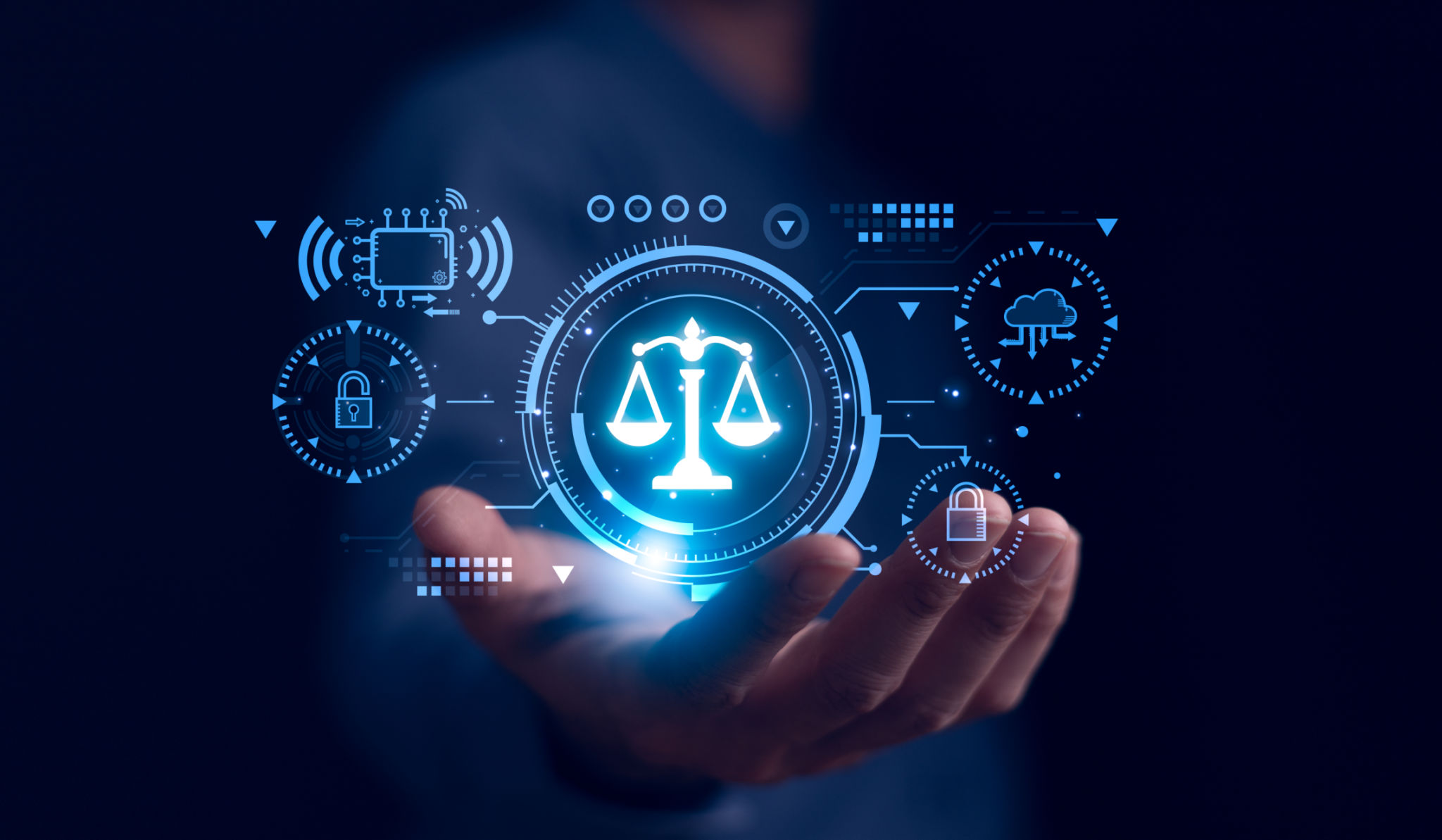Understanding Blockchain Legal Disputes: A Comprehensive Guide
Understanding Blockchain Legal Disputes
The rise of blockchain technology has revolutionized various industries by offering decentralized and secure ways to conduct transactions and store data. However, with innovation comes new challenges, particularly in the legal realm. Understanding blockchain legal disputes is vital for businesses and individuals involved in this burgeoning field.
Blockchain's decentralized nature introduces complexities that traditional legal systems aren't always equipped to handle. These complexities often lead to disputes that require a nuanced understanding of both technology and law. In this guide, we explore key areas where legal disputes commonly arise in the blockchain space.

Smart Contracts and Legal Challenges
Smart contracts are self-executing contracts with the terms directly written into code. While they offer efficiency and reliability, they also raise unique legal issues. One major challenge is their enforceability under existing legal frameworks. Since smart contracts operate autonomously, determining liability when things go wrong can be difficult.
Moreover, smart contracts may not always align with traditional contract law principles, which can lead to disputes over interpretation and execution. Legal professionals must understand how smart contracts function to effectively navigate these challenges.
Intellectual Property Rights
Another significant area of legal dispute in blockchain involves intellectual property rights. As blockchain technology evolves, so do the methods of creating and using digital assets, raising questions about ownership and rights. Disputes often arise over the unauthorized use of blockchain-based innovations or the improper attribution of digital assets.

Protecting intellectual property in the blockchain space requires a clear understanding of both the technology and relevant laws. It often involves navigating complex patent landscapes or addressing issues related to copyrights and trademarks within decentralized networks.
Securities Regulation
Blockchain has significantly impacted the financial sector, particularly through the rise of cryptocurrencies and initial coin offerings (ICOs). These developments have caught the attention of regulatory bodies worldwide, leading to disputes over securities regulation. Determining whether a particular token or digital asset qualifies as a security under law is a frequent source of contention.
Businesses must ensure compliance with relevant securities regulations to avoid legal disputes. This often involves registering tokens with appropriate regulatory bodies or ensuring that ICOs adhere to established guidelines.

Data Privacy and Security
Blockchain's ability to provide transparent and immutable records brings advantages but also raises concerns about data privacy and security. Legal disputes may arise over unauthorized access to blockchain data or breaches of personal data protection laws.
In regions with stringent data protection regulations, such as the GDPR in Europe, businesses must carefully navigate the intersection of blockchain technology and privacy laws to prevent legal challenges.
Jurisdictional Issues
The global nature of blockchain transactions often leads to jurisdictional disputes. Determining which legal system has authority over a blockchain-related dispute can be complicated, especially when parties are located in different countries.
Jurisdictional issues require careful consideration of applicable laws and international agreements to effectively resolve disputes. Businesses need to be proactive in understanding the legal environments in which they operate to mitigate risks associated with cross-border transactions.
In conclusion, blockchain legal disputes present multifaceted challenges that require an in-depth understanding of both technology and law. By staying informed about potential legal issues and seeking expert guidance, businesses and individuals can better navigate the complexities of this dynamic field.
